The 1999 Honda CRV is a reliable and practical SUV that has stood the test of time. Known for its spacious interior, comfortable ride, and low maintenance costs, the 1999 CRV is a great choice for anyone needing a dependable vehicle.
Its compact size makes it easy to manoeuvre in tight spaces, while its all-wheel-drive system provides added stability on slippery roads. The 1999 Honda CRV was a revolution in the automotive industry, and it is still loved by many drivers today.
But like every vehicle, it has its fair share of problems. However, like any other vehicle, it has its fair share of issues that can cause frustration for the owners. We will discuss 1999 Honda CRV problems, technical fixes requiring professional assistance, and DIY fixes you can do yourself. So, let’s ensure your beloved Honda CRV stays in top shape for years.
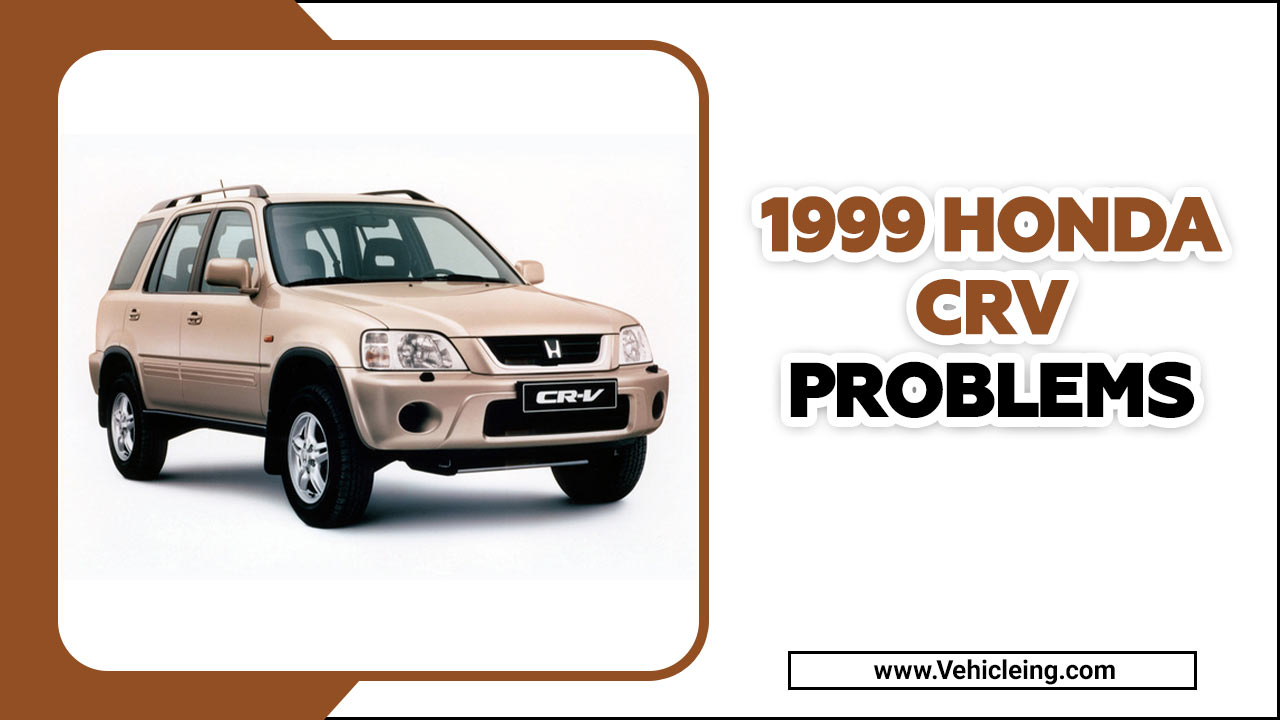
Common 1999 Honda CRV Problems With Their Fixes
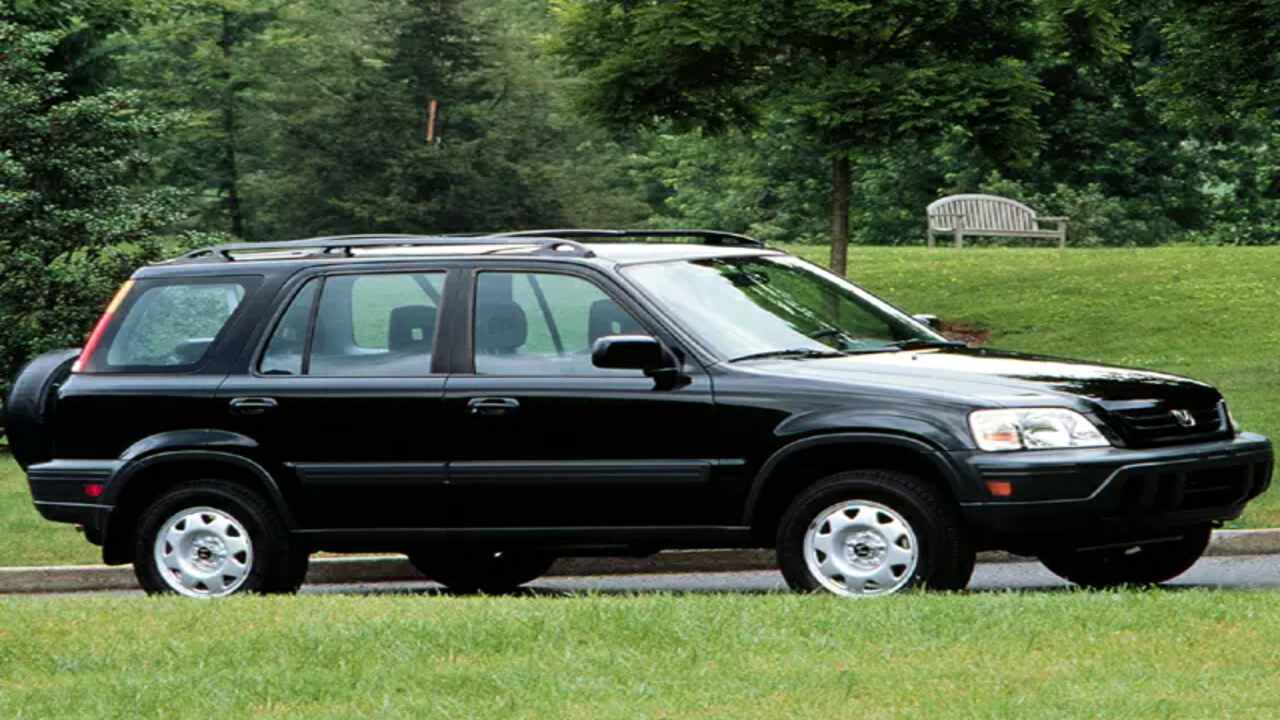
The 1999 Honda CRV is a reliable vehicle, but like any car, it can experience common problems that must be addressed. Engine issues are among this model year’s most frequently reported problems, with prevalent oil leaks and timing belt failures.
Transmission slipping or failure is another issue that some CRV owners have experienced. Faulty electrical systems can also cause power window and dashboard light problems. Other commonly observed challenges that require careful attention are suspension problems that lead to bumpy rides and brake system issues. Scroll down for more details on Common 1999 Honda CRV Problems With Their Fixes.
Engine Problems
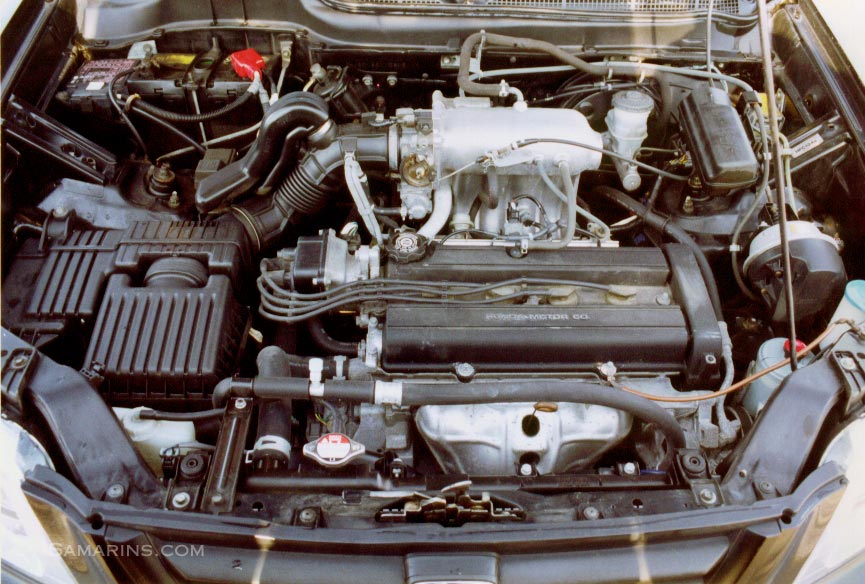
Maintaining a well-functioning engine is crucial for the longevity of any vehicle, and the 1999 Honda CRV is no exception. Unfortunately, faulty ignition coils or spark plugs that need replacing can cause stalling or misfiring issues in this model.
In addition, oil consumption can lead to more severe engine problems if left unchecked. Regular maintenance, including oil changes and tune-ups, can help prevent these issues from occurring. One major issue that often arises in 1999 Honda CRVs is the engine light indicating a major issue, which may require immediate attention and an auto repair.
However, if you do experience any engine problems with your 1999 Honda CRV, it’s important to have your vehicle inspected by a certified mechanic as soon as possible to avoid any further complications.
Transmission Issues
People know the 1999 Honda CRV can experience transmission issues that cause shifting problems and slipping gears. These problems can arise for various reasons, such as worn-out or damaged transmission fluid, faulty solenoids, or worn-out clutch plates.
Neglecting these issues can lead to more severe problems with the transmission system in the future. One common problem with the 1999 Honda CRV is a decrease in fuel economy.
This can often be attributed to the Honda Fuel Pump or torque converter issues. To prevent this, regularly replacing the transmission fluid and filter is recommended to check and replace any damaged solenoids and replace worn-out clutch plates if required. Regular maintenance and servicing can go a long way in avoiding transmission issues altogether.
Electrical System Failure
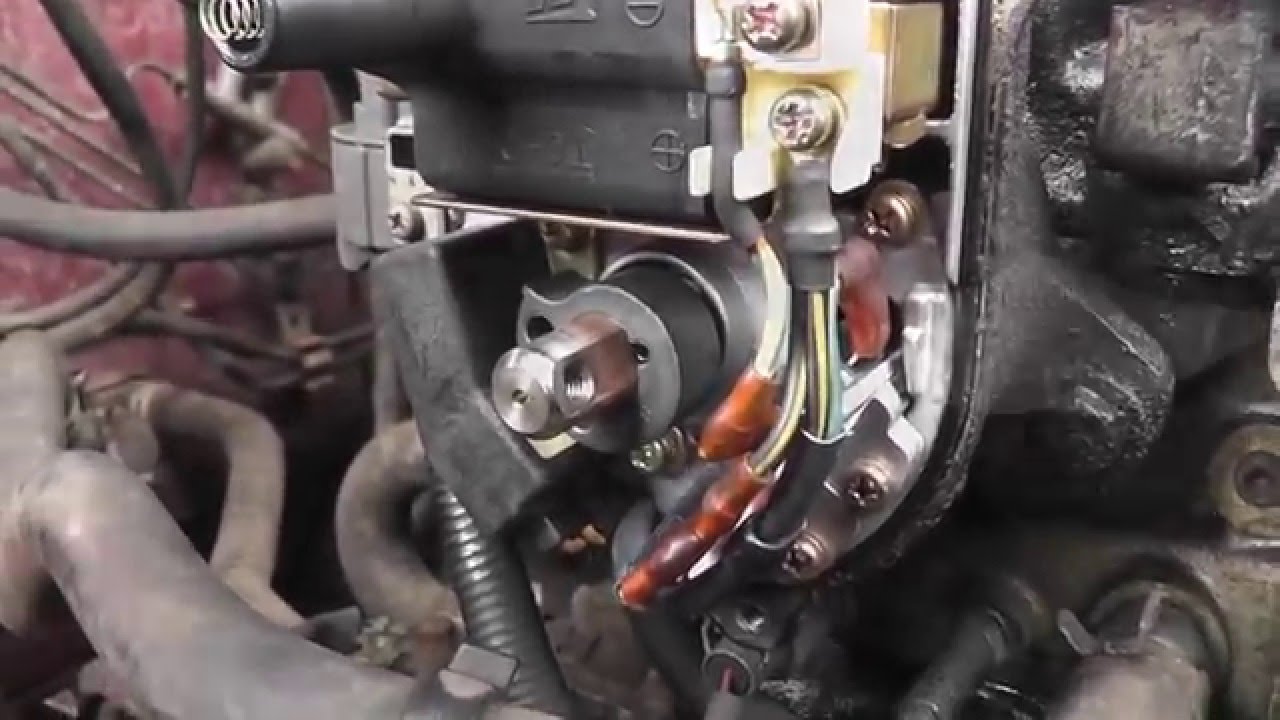
Dead batteries, malfunctioning headlights and dashboard warning lights are just a few of the symptoms that indicate electrical system failure in the 1999 Honda CRV. Faulty wiring or failing alternators can cause these issues. Regular inspections and maintenance can help prevent electrical system failure.
However, if you experience these symptoms, it’s best to take your car to a professional mechanic for repair to avoid potential safety hazards. It’s essential to address and fix electrical system issues immediately to keep your vehicle running smoothly and avoid further damage.
Suspension and Steering Problems
Maintaining a smooth and comfortable ride is essential for any car owner, but the 1999 Honda CRV is known to have issues with its suspension and steering components. Worn-out struts, ball joints, and tie rod ends are common culprits that can cause a bumpy ride, uneven tire wear, and difficulty steering.
You can resolve these issues by promptly attending to them and replacing damaged parts. Fortunately, a professional mechanic can install replacement parts quickly in just a few hours, and they are readily available. Keeping up with regular maintenance and addressing any problems early can help keep your 1999 Honda CRV running smoothly on the road.
DIY Fixes for 1999 Honda CRV Problems
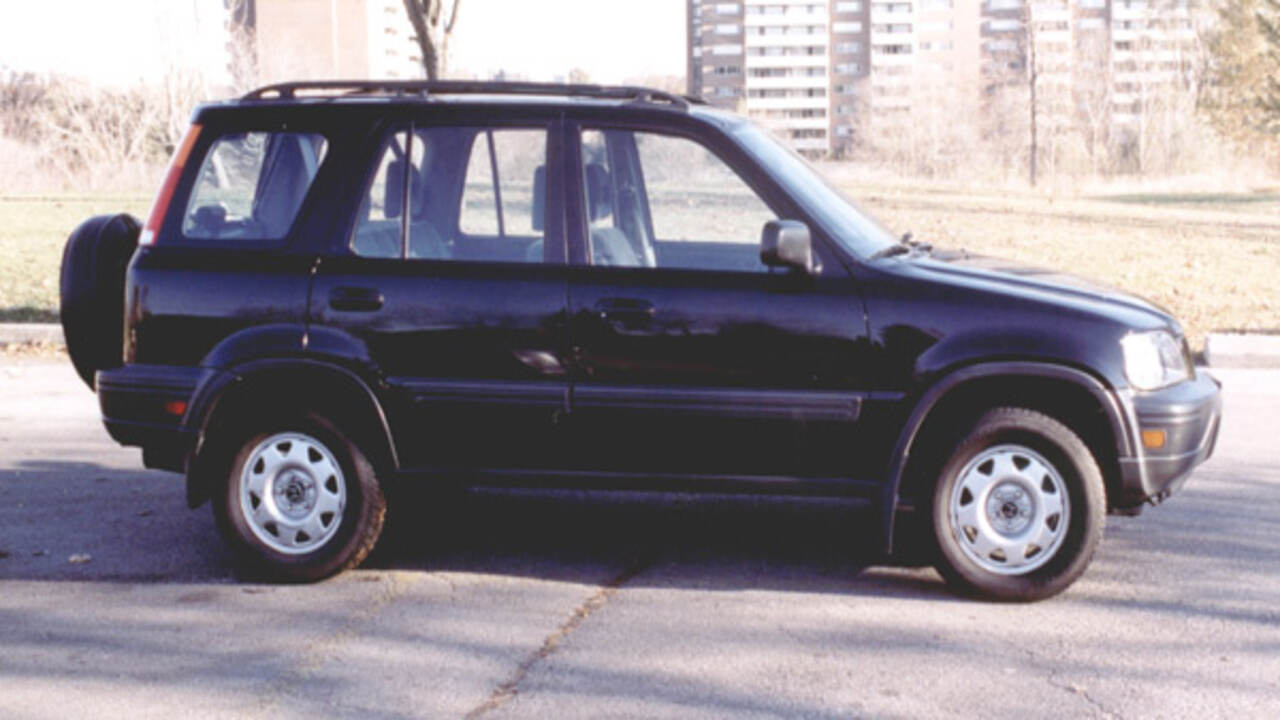
Maintaining your 1999 Honda CRV can be simple with the right DIY fixes. Regularly checking the battery and alternator for signs of wear or damage, inspecting brakes, replacing worn-out components, fixing leaks in the cooling system, and keeping up with scheduled maintenance tasks are some of the basic steps you can take to ensure proper function.
Replacing faulty sensors that may cause engine problems is another effective DIY fix. However, if you encounter complex issues with your car’s electrical system or transmission, it is recommended to seek professional help to avoid further damage.
Engine Maintenance Tips
Regular maintenance is crucial to prevent engine problems in your 1999 Honda CRV. One of the easiest ways to maintain your engine’s health is by scheduling routine oil changes and filter replacements. This simple step can help your vehicle perform optimally and avoid costly repairs.
Additionally, checking and replacing worn-out spark plugs and ignition coils can significantly improve engine performance. Another critical aspect of engine maintenance is keeping a clean air filter. A dirty air filter can reduce fuel efficiency and cause engine problems, so it’s important to replace it regularly.
Overheating is also a common issue with the 1999 Honda CRV, so check your coolant levels and radiator for leaks. If you notice any unusual sounds or smells coming from your engine, don’t hesitate to take it to a professional mechanic for inspection.
Transmission Troubleshooting
The transmission is a vital component of your 1999 Honda CRV, and it’s not unusual for problems to arise. Common issues include slipping gears, rough shifting, and delayed engagement. One possible solution is to replace the transmission fluid and filter to ensure proper lubrication and operation.
Additionally, checking the transmission mounts for wear and tear can help diagnose any issues. Regular maintenance is also essential, including checking leaks and properly cooling the transmission. However, if these DIY fixes fail to resolve the issue, it may be time to seek professional repair services.
Electrical System Repair
As your 1999 Honda CRV ages, you may experience electrical system failures. These are common issues that can cause frustration and inconvenience. However, DIY fixes are available for certain problems, such as replacing the alternator or battery and checking and replacing fuses.
Always remember to follow safety procedures when working with electrical systems. If you’re unsure about any repair aspect, it’s best to consult a professional mechanic for advice.
Suspension and Steering Fixes
Proper suspension and steering in your 1999 Honda CRV are crucial for a safe and smooth driving experience. If you notice any issues, such as a bumpy ride, excessive bouncing, or difficulty steering. It may be time to address the problem. Common suspension and steering problems in the 1999 Honda CRV include worn-out struts and shocks.
The worst vehicles experience internal failures in rear differentials and manual transmissions, such as the common 1999 Honda CRV, which is prone to electrical system failures and requires extensive fixes. Loose or damaged suspension components and misaligned wheels. Properly maintaining these components can improve ride comfort and handling, making your driving experience much more enjoyable.
Are There Any Recalls Or Warranty Programs That Cover These Problems?
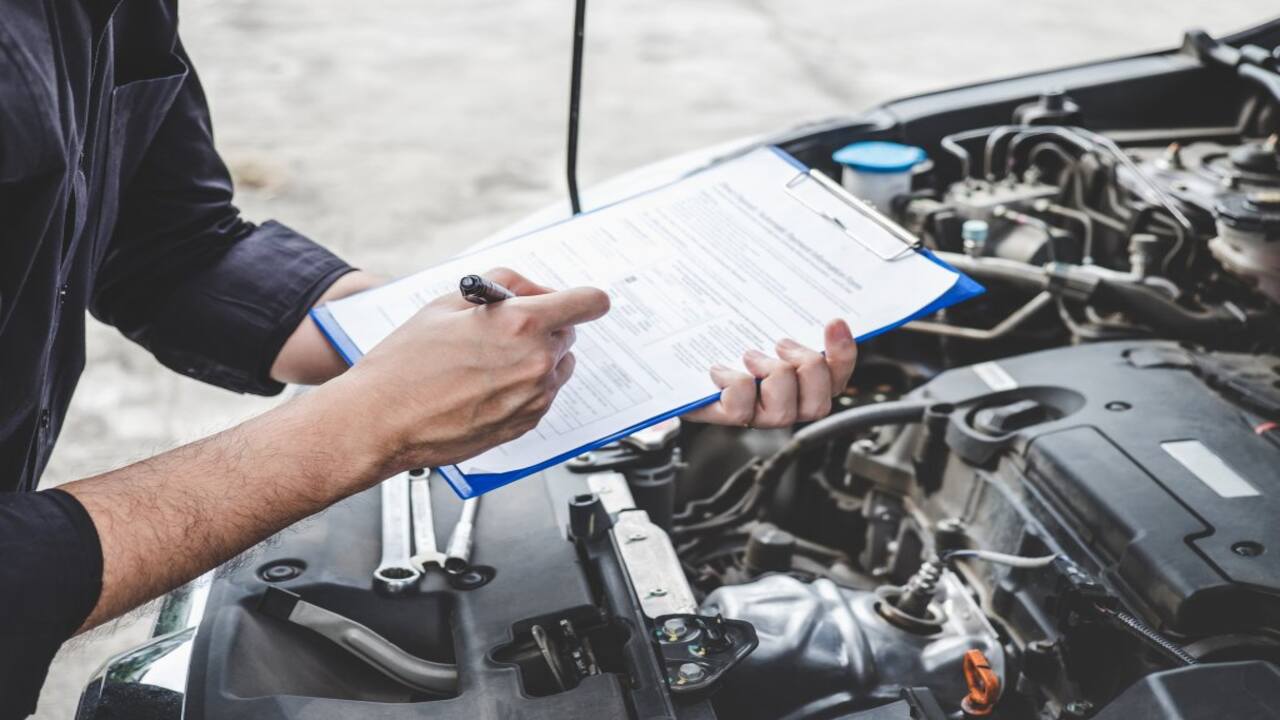
Navigating through common problems in your 1999 Honda CRV can be overwhelming, especially regarding the cost of repairs. Fortunately, there are options available that can save you both time and money. It’s important to research any potential recalls or warranty programs related to your specific model year of the Honda CRV.
Doing so will help you determine whether any existing programs cover known issues and reduce the cost of repairs. Yes, several recalls and extended warranty programs are available to cover common problems with your 1999 Honda CRV.
Over the years, Honda has issued several recalls related to airbags, brakes, suspension, and other components. To check if your vehicle is eligible for one of these recalls, search the Honda recall database online or contact your local Honda dealership.
When To Take To A Professional Mechanic For Repairs?
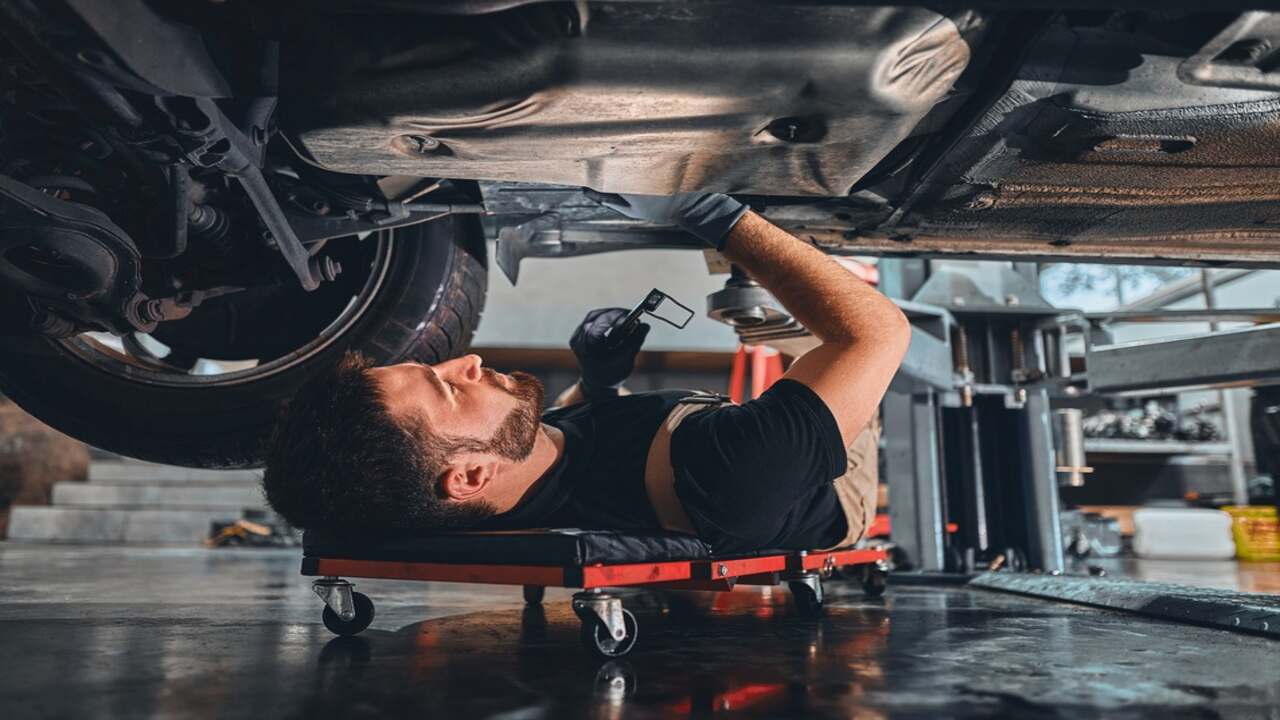
Maintaining the health of your 1999 Honda CRV can be a challenging task. Knowing when to take your car to a professional mechanic for repairs is crucial in preventing further damage and keeping your vehicle running smoothly. At the same time, the driver can easily identify issues like brake problems or electrical malfunctions.
Other problems like engine stalling or suspension issues require the expertise of a trained technician. If you notice any warning lights or hear strange noises from the car, it is best to take it to a certified mechanic as soon as possible. Additionally, if you notice any fluid leaks or changes in performance, it is best to have a professional inspect the car.
How long will a 99 CR-V last?
A 99 CR-V can last up to 200,000 miles or more with regular upkeep and proper care. Common problems in a 99 CR-V may include engine oil leaks, transmission, and suspension problems. To extend the life of your vehicle, it is recommended to have regular check-ups and repairs performed by a qualified mechanic.
Conclusion
The 1999 Honda CRV is reliable, but like any car, it has problems common to this model. Maintaining your vehicle regularly and addressing these issues as they arise is important. If you are not confident in fixing these problems, it is best to take your vehicle to a professional mechanic.
The most frequent problems include engine mount failure, transmission problems, and AC compressor failure. These problems can be fixed by a certified mechanic or yourself if you have the right tools and knowledge. Regular car maintenance can prevent these problems in the first place. We have given tips above on how to fix common 1999 Honda CRV problems.
Be sure to check recall or warranty programs covering these issues. You can keep your 1999 Honda CRV running smoothly for years by quickly staying on top of maintenance and fixing problems.
FAQs
Is 1999 CR-V Reliable?
People generally consider the 1999 CR-V to be a reliable vehicle. It has a reputation for good build quality and durability, and many owners report being satisfied with its reliability over the years.
What Is The Biggest Problem With Honda CR-V?
The biggest problem with the Honda CR-V is the oil dilution issue, which affects some models. This occurs when fuel mixes with the engine oil, leading to potential engine damage and decreased performance.
Are Older Honda CR-V Reliable?
Yes, older Honda CR-Vs are generally considered to be reliable vehicles. They have a reputation for longevity and durability, making them a popular choice among used car buyers.
How Many Miles Will A 1999 Honda CR-V Last?
The lifespan of a 1999 Honda CR-V can vary depending on factors such as maintenance, driving habits, and overall care. A well-maintained CR-V can last for over 200,000 miles or more with proper maintenance.
Which Years Of CR-V Are The Best?
The best years for the CR-V are generally considered the more recent models, particularly those from 2017 and onwards. These models have improved features, technology, and safety options compared to earlier versions.
